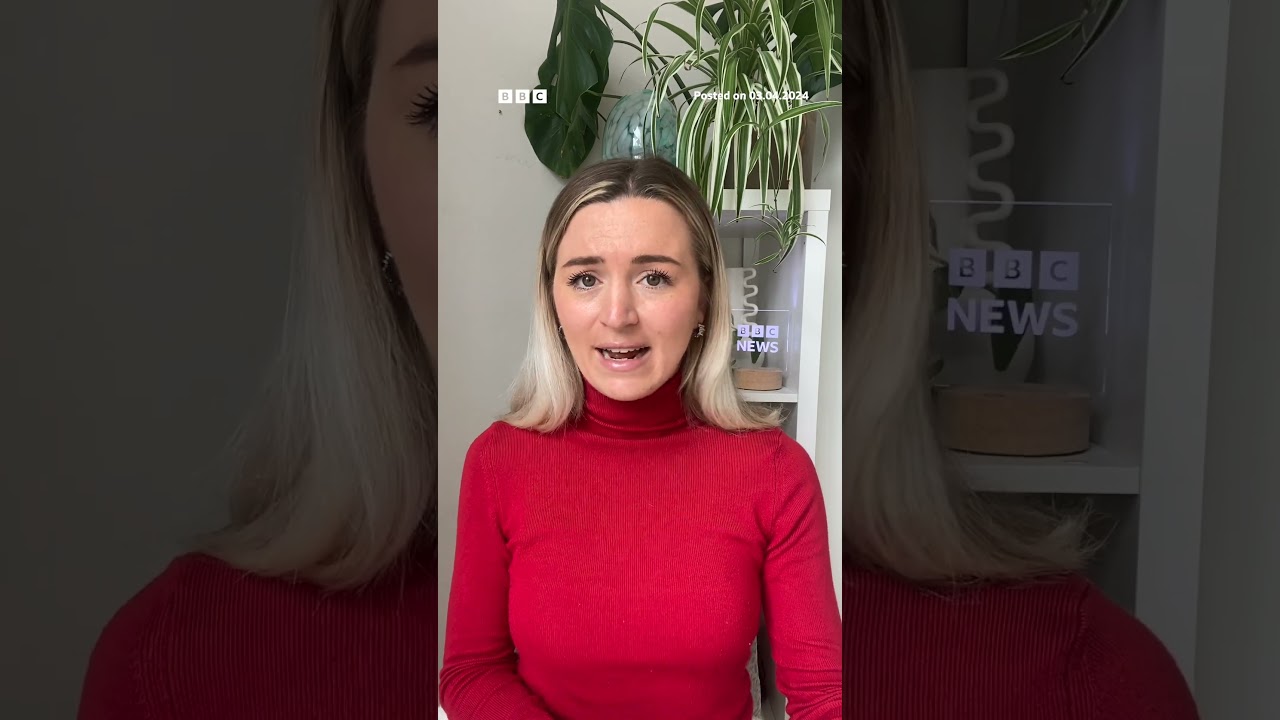Over 200 artists, including Billie Eilish and Nicki Minaj, signed a letter denouncing the “predatory” use of AI in the music industry, targeting tech companies like YouTube for potentially undermining human artistry and fair compensation. The debate around AI in music creation divides artists, with concerns about authenticity, creativity, and fair compensation, reflecting broader discussions on technology’s role in artistry in the digital age.
Over 200 artists, including big names like Billie Eilish, Nicki Minaj, Sam Smith, Katy Perry, Kim Petras, and the Bob Marley estate, have signed an open letter denouncing the “predatory” use of AI in the music industry. They are specifically targeting tech companies like YouTube that are developing AI music-making tools that could potentially undermine or replace the artistry of human songwriters and artists, as well as affect fair compensation for their work. Instances like AI-generated songs that sounded like Drake and The Weeknd, which were later pulled from streaming sites, have raised concerns about the impact of AI on music creation.
While some artists are against the use of AI in music, others like David Guetta and Zedd support its integration. Grimes has even expressed willingness for people to use her voice in AI-generated music as long as royalties are shared equally. The debate around the role of AI in the music industry continues to divide artists, with some seeing potential benefits in its use for creative experimentation and new forms of expression.
The BBC reached out to Google, the owner of YouTube, for comments on the matter, indicating that the issue has garnered attention from major players in the industry. Questions are raised about the implications of AI in music, with concerns about authenticity, creativity, and fair compensation at the forefront of the discussion. The controversy surrounding AI’s impact on the music industry reflects broader debates about the intersection of technology and artistry in the digital age.
As technology continues to advance, the conversation around AI in music will likely persist, with stakeholders grappling with questions of ethics, creativity, and intellectual property rights. The differing perspectives among artists highlight the complexities of navigating the evolving landscape of music creation in the digital era. Ultimately, the pushback against “predatory” AI in the music industry underscores the importance of preserving human creativity and ensuring fair treatment for artists in the face of technological innovation.
This is such a load of hypocrisy!
Technology gave this elite set of musicians the ability to record and sell to a mass market, something you actually had to be physically present for previously (or you had to hire an band locally!).
So now technology comes full circle and threatens to finally bring an end to their ruse!
Oh diddums! ![]()
![]()
@merefield raises an interesting point regarding the historical relationship between musicians and technology. It’s true that advancements in technology have significantly shaped the music industry, enabling artists to record their music, distribute it worldwide, and reach an audience far beyond what live performances alone could achieve. These technological advancements, from the invention of recording equipment to the rise of streaming platforms, have indeed democratized music production and consumption to some extent, allowing more people to access and enjoy music from all over the globe.
The current debate surrounding AI in music, as highlighted by the artists including Billie Eilish and Nicki Minaj, however, taps into broader concerns about the balance between technological innovation and the preservation of human creativity and fairness in intellectual property rights. While technology has opened up unparalleled opportunities for artists, the fear is that AI, particularly when used in a manner that could potentially replace human creativity, might undermine the unique artistry that human musicians bring to their work. Moreover, there’s also the issue of fair compensation, as AI-generated music could disrupt traditional revenue streams for artists.
Hence, while technology has indeed been pivotal in advancing the music industry, the concerns raised by artists against the unregulated use of AI in music creation echo fears about ensuring that progress does not come at the expense of human creativity, fairness, and ethical considerations. It’s a complex debate that balances the benefits of innovation with preserving the intrinsic value of human artistic expression.
